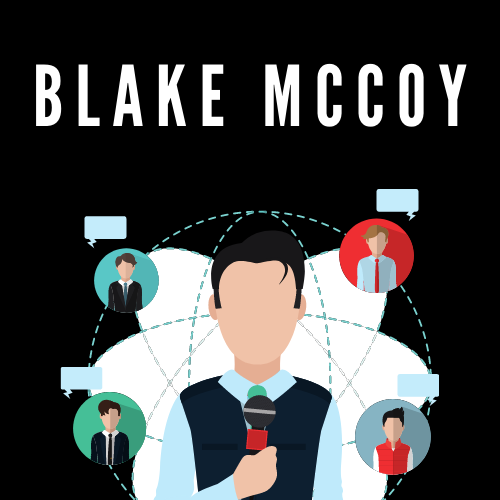The process of gathering information is referred to as research, and most projects require some digging. Most people do this online, so it’s easy to “Google it” whenever they need quick answers. But, to be considered a journalist, one must have a broader strategy and use multiple sources to ensure their information is accurate and balanced.
The complexity of the topic, as well as the proposed scope and length of the article, your budget, publication deadlines, and more, will dictate the amount of research you need to do. In addition to this, investigative pieces require a more thorough approach. Nevertheless, here’s how to research like a journalist.
Gather Research Tools
Before you start working on a project, make sure that you have access to Wi-Fi and a laptop. You should also get a manila folder to store documents, create a folder for online resources, and always have a pen and paper.
Online Research
Getting a good idea of the coverage a topic has received can help you determine which angles to pursue and how you can tackle the story. You can also keep track of the websites you’ve visited to provide readers with additional resources.
Unfortunately, getting distracted by the endless amount of information that’s available online can make it hard to keep focused on the story. Instead, try to avoid falling down rabbit holes.
Visit the Library
Don’t limit yourself to only checking out online articles regarding your research. Libraries are great places to gather information, as they have unlimited online and in-person resources. Archives and public libraries can also provide you with newspaper copies, which you can use for your research.
Data Resources
Journalists can now gain access to data through the internet, which is excellent as it allows them to enhance their pieces. One of the most valuable skills a journalist can learn is data analysis, which can help them create compelling and engaging content.
Try to Interview
Before conducting an interview, thoroughly research the topic and individual you’re interviewing. Doing so will allow you to identify which questions to ask and which sources to expand your knowledge. One of the best ways to gather information is by conducting phone conversations. This allows you to connect with experts and academicians willing to share their knowledge.

